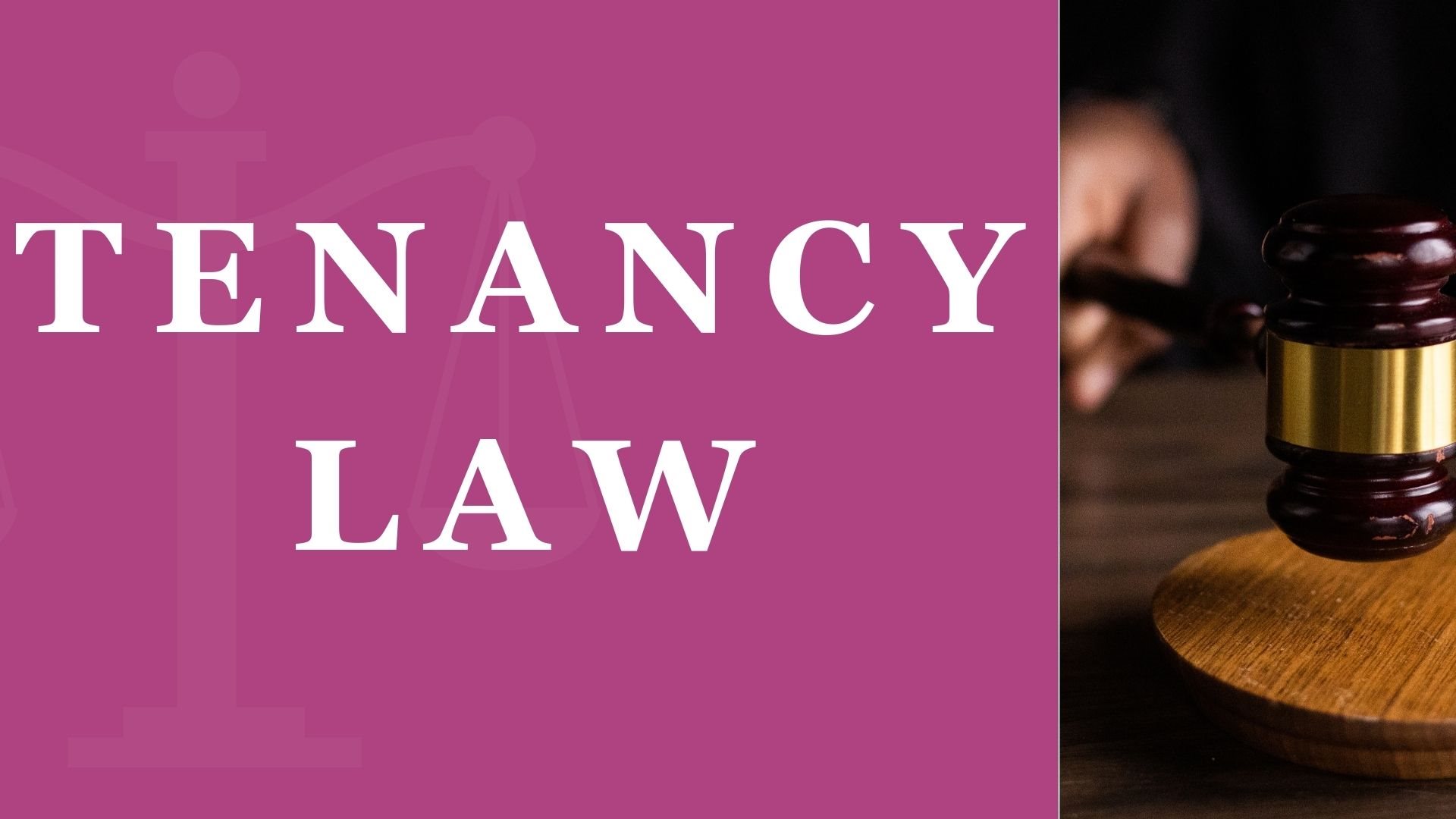Stay Ahead of the 2025 Residential Tenancies Act Changes
February 27th 2025
We know tenancy law updates aren’t the most exciting read, but the upcoming changes to the Residential Tenancies Act (RTA) in 2025 are worth paying attention to. Whether you're a landlord managing a rental property or a tenant wanting to understand your rights, these updates will impact you.
The good news? You don’t have to sift through legal jargon—we've done the work for you. Here’s a breakdown of what’s changing and what it means for you.
Changes to Periodic Tenancies
Effective from 30 January 2025, periodic tenancies will have clearer guidelines on how and when they can end.
What is a Periodic Tenancy?
A periodic tenancy doesn’t have a fixed end date—it continues until either the landlord or tenant gives notice. This setup offers flexibility for both parties but still comes with regulations that must be followed. With the 2025 updates, the rules are about to change.
What’s the New Law?
Landlords: If you want to end a periodic tenancy without a specific reason, you’ll need to provide 90 days’ notice.
Exceptions: In certain cases, landlords may give 42 days’ notice instead. These include:
If the property is needed for the landlord or a family member to live in.
If the property has been sold with a vacant possession agreement.
If the property is required for employees or contractors.
Tenants: You’ll still be able to end the tenancy with just 21 days’ notice.
What to Avoid
One key risk for landlords is retaliatory terminations. If a tenant raises a concern—like a leaky roof—and receives an eviction notice instead of a repair, they now have up to 12 months to challenge the termination. If found guilty, landlords could face penalties.
Another potential pitfall? Trying to backdate a shorter notice period. If a landlord gives 63 days' notice before 30 January, they cannot retroactively change it to 42 days after the new law takes effect.
The takeaway for landlords: Follow the rules, communicate clearly, and handle tenancies professionally to avoid unnecessary disputes.
Changes to Fixed-Term Tenancies
Also effective from 30 January 2025, fixed-term tenancies will have new guidelines on how they can end.
What is a Fixed-Term Tenancy?
Unlike periodic tenancies, a fixed-term tenancy has a set start and end date, offering both landlords and tenants certainty. These agreements provide stability, but the upcoming changes will clarify how they transition when the term ends.
What’s the New Law?
End Dates Matter: If a landlord or tenant wants the tenancy to end when the fixed term expires, they must give notice between 90 and 21 days before the lease’s end date—no reason required.
Automatic Transition: If neither party gives notice, the tenancy will automatically roll over into a periodic tenancy.
Old vs New Rules:
Tenancies that started before 11 February 2021 and end on or before 30 April 2025 will follow the old rules.
Tenancies that end after 1 May 2025 will transition under the new system.
What to Avoid
Tenants who assume their lease simply ends without notice may find themselves in a periodic tenancy unexpectedly. Similarly, landlords who forget to give notice within the required timeframe could end up with a periodic tenancy instead of regaining possession of their property.
The key to managing fixed-term tenancies successfully? Stay organised, set reminders, and communicate early.
How Ruby Housing Can Help
Navigating these changes doesn’t have to be stressful. At Ruby Housing, we’re committed to helping landlords and tenants stay informed and compliant with tenancy laws. From ensuring your notices are handled correctly to helping you avoid common pitfalls, we’re here to support you every step of the way.
Want expert guidance? Get in touch with us today and let Ruby Housing take the hassle out of property management!

